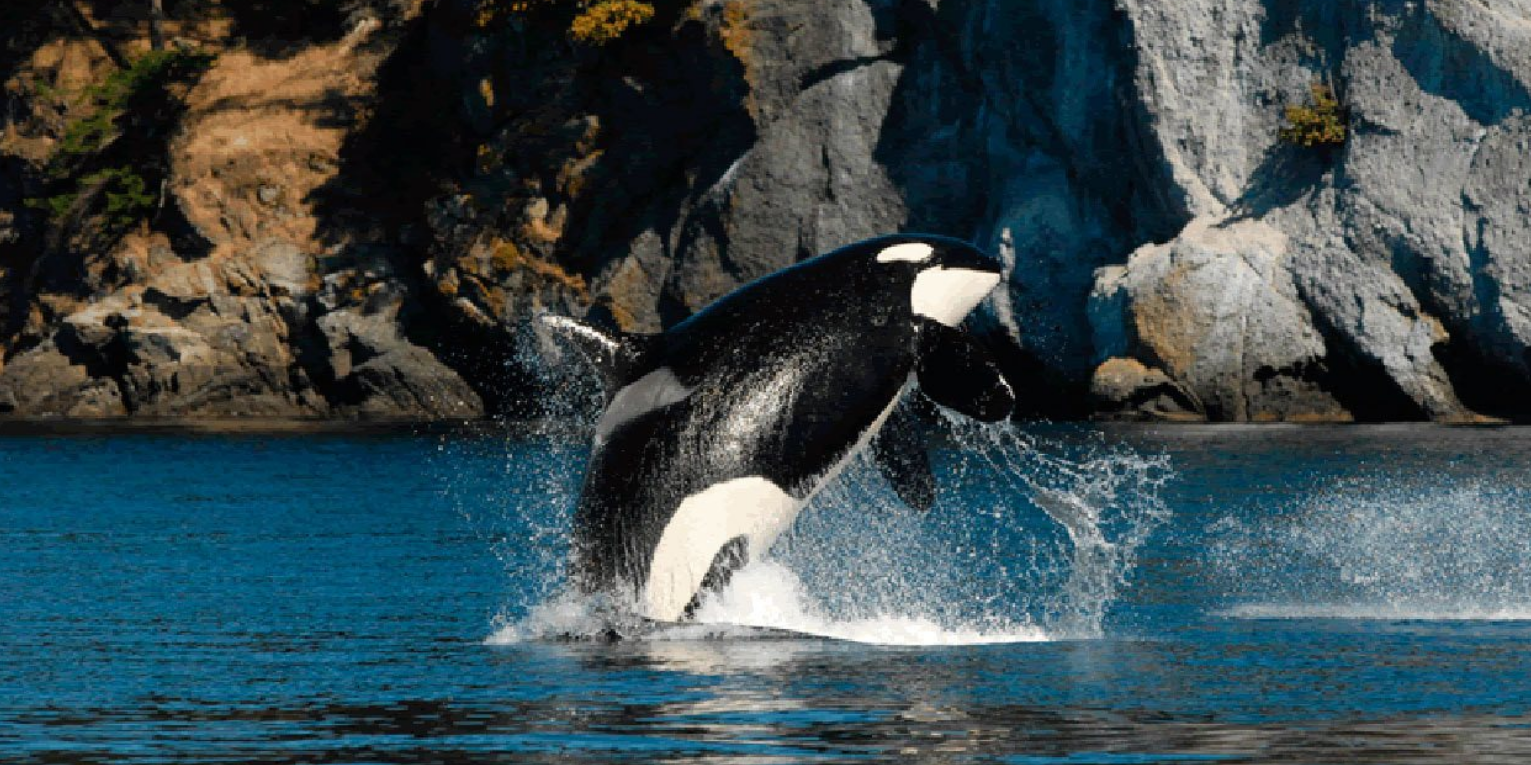It is with great sadness that we got the news yesterday about the death of Orca J50. I’m currently in Bremerton (WA), just a few miles away from where she was last seen alive, and the news cast a dark cloud over our day. The death of J50 is tragic, especially when you consider how few breeding female Orca now remain in the Southern Resident Killer Whale (SRKW) pod. The best we can hope for is this now drives sensible discussion on saving the Orca, but it requires a long-game, rather than knee-jerk or short-term fixes.

Orca are the apex predator here, and a single death is noticeable, however when you look down the foodchain, there are other problems. The situation faced by the J Pod is symptomatic of an eco-system out of balance, and it is affecting many species. The various salmon populations for example are today are under threat from multiple sources, including recreational and commercial fishing, rebounding pinniped (seal and sea lion) populations, and disruptions to breeding cycles through hydro dams. There is no one thing to blame, but rather a number.
I noticed how quickly fishing interests were to pin the blame for recent orca deaths on sea lions. These animals of course eat chinook salmon, a major source of food for orca here. But this is overly simplistic and ignores the long-term history of Puget Sound. Historically, this area had substantial populations of pinnipeds, but numbers were kept in check by the available food such as salmon, and predation, by mostly orca and great white sharks. Last century however, man hunted seals and sea lions to local extinction within Puget sound, and this removed the orca’s main food supply. Linked with the lack of seal and sea lions, salmon populations would have burgeoned, presenting orca with a plentiful replacement. The orca became resident here, and unlike almost all other populations around the world, started a diet of salmon, rather than pinnipeds.
In 1972, the Marine Mammal Protection Act was passed, giving protection in United States waters to all marine mammals, which included pinnipeds. It took time, but eventually their numbers started to come back, and today, they have become a significant and successful part of the ecosystem. Historically their numbers were kept in check by predation, however J-Pod today is a salmon eater, showing little interest in hunting seals or sea lions. Complicating matters, great white shark numbers were decimated through various activities by man, and so they too are not a significant impact on pinniped populations. The result today is we have significant populations of seals and sea lions, and their numbers are mostly controlled by the available food supply.
While fishermen see this as a bad thing, it should be considered a success story, even if things are not totally in favor to the orca, or for that matter the fishing industry. Nature, if left alone, has a way of finding a balance. J-Pod, under pressure for food, may find a liking for sea lions again. Last century this pod changed to eating salmon, so it’s not out of the realms of possibility that they may go back to hunting pinnipeds. Similarly, if we leave the great white sharks alone, they too will come back and provide natural control over sea lion populations, and that in turn will help the orca through increased salmon numbers.
In many ways, what has happened to J-Pod is the result of man messing with the ecosystem. The solution does not lie in more messing, but rather removing man’s negative impacts, and letting nature take its course.
A few key areas to be worked on is ensuring great white sharks remain protected. Also, addressing the low breeding success of wild salmon past the various dams. Perhaps boat traffic is also a factor. If scientists deem it is causing a negative impact on J-Pod, then the government should address it in a meaningful way. Finally, the fishing industry needs to accept their part in all this, and rather than blaming pinnipeds for the orca’s demise, they should be looking to better manage their fishery in a sustainable way.
by Captain Pete Bethune
Earthrace Conservation
